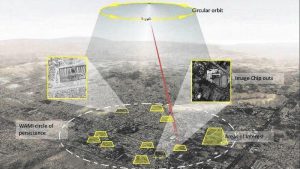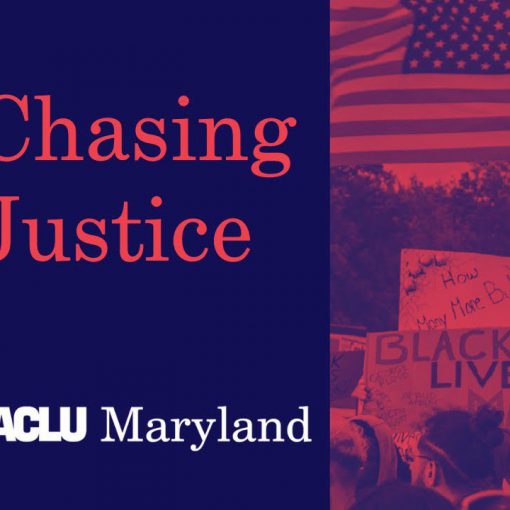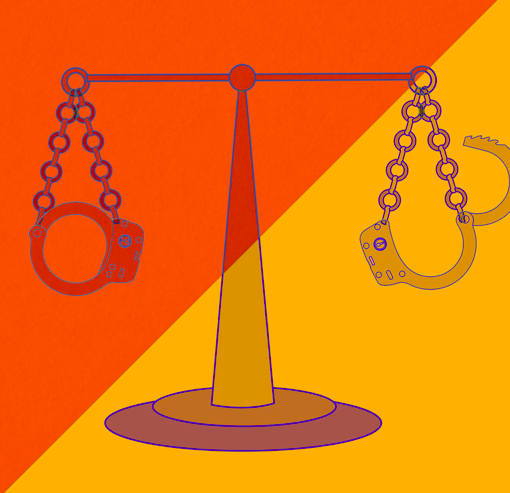This year, Baltimore will become the first city in the country to openly subject its citizens to continuous aerial video surveillance. The LDDC encourages folks to come out to our University of Baltimore Law School at 7:00 pm on February 25th to participate in a discussion with attorney Ivan Bates and reporter Brandon Soderberg about how the spy plane works and the legal—and political—implications of its use.

For those unfamiliar with this particular debate between privacy and public safety, here is some background: In 2016, Bloomberg Businessweek reported that police had secretly recorded hours of aerial surveillance footage from a Cessna airplane, circling Baltimore for up to 10 hours a day for over a year. Originally developed for military applications, early versions of the surveillance system were used to analyze roadside bomb detonations. After the system’s creator, Ross McNutt, retired from the military in 2007, he and his company Persistent Surveillance Systems released a modified version of the system for commercial applications.
After Freddie Gray’s death in police custody in 2015, protests consumed the city. The FBI subsequently released over 18 hours of plane surveillance video of the protests. Questions have swirled ever since. Did the spy plane help or harm Baltimore?
On the one hand, the spy plane may help police better solve crimes against victims and even prevent harm by allowing police to track and capture assailants quickly. On the other hand, in a city that’s struggled to convince residents that its police can be trusted, daily aerial surveillance reminds some of George Orwell’s dystopian prediction of the future in 1984.
Should the police have constant access to commercial spy planes, or should it be limited? Do you feel comfortable knowing that you are being watched from above? Do you trust police to use the data in accordance with the law? Is it fair to criticize the technology in its infancy, or should judgment be withheld pending more information and more technological development?
Join the discussion on February 25!



